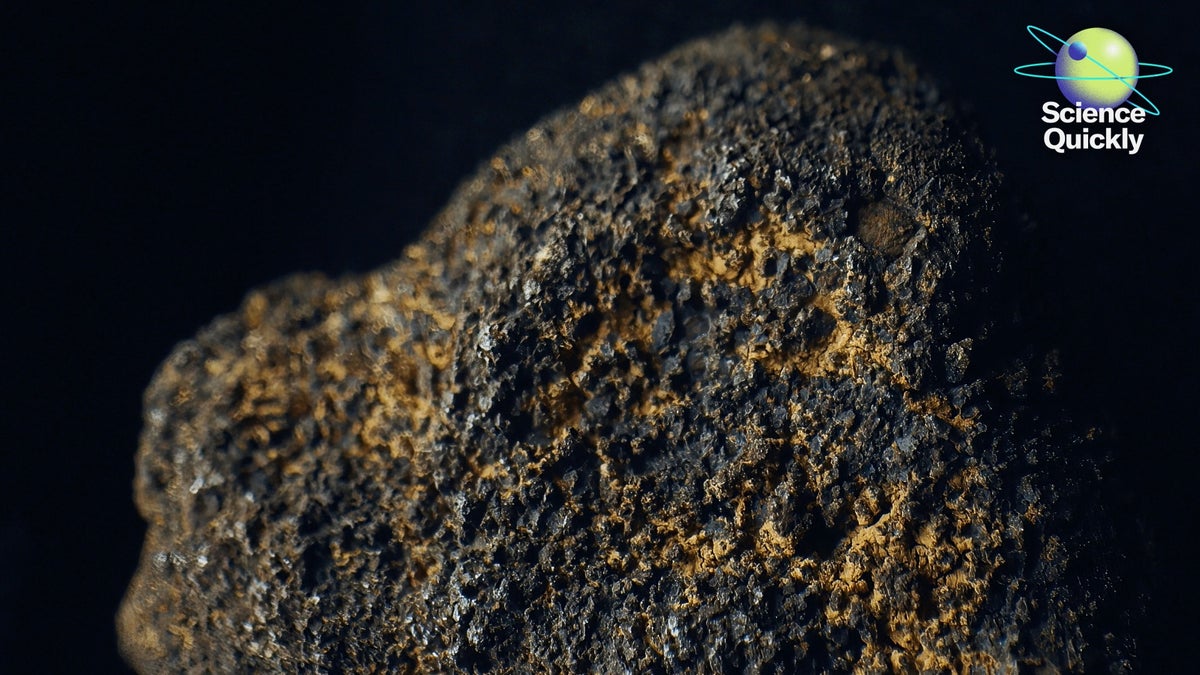Now Reading: Deep-Sea Nodules Found to Produce Oxygen, Sparking Ocean Mining Debate
-
01
Deep-Sea Nodules Found to Produce Oxygen, Sparking Ocean Mining Debate
Deep-Sea Nodules Found to Produce Oxygen, Sparking Ocean Mining Debate

Speedy Summary:
- Deep-sea nodules, black rocks on the ocean floor containing valuable metals like cobalt and copper, are critical for clean energy technologies such as electric vehicle batteries.
- Scientists recently discovered these nodules might produce oxygen in dark ocean conditions, challenging prior assumptions about their impact on marine ecosystems.
- The oxygen production may occur through a process called seawater electrolysis rather than microbial activity, though further studies are required.
- Nodules have been historically undervalued scientifically and economically but are now seen as potentially critically important habitats for marine life. They cover vast abyssal plains that account for 60% of Earth’s surface beneath oceans.
- Mining companies face tension between exploiting minerals for renewable energy transitions and preserving complex deep-sea ecosystems possibly producing oxygen or hosting microbial life (“Manhattan for microbes”).
- An American company funded research to support mining but is contesting unexpected “dark oxygen” findings that complicate efforts to label these areas as barren marine deserts suitable for exploitation without significant environmental risks.
Indian Opinion Analysis:
The revelation surrounding deep-sea nodules encapsulates a captivating tension between technological progress and ecological preservation-an area of importance not only globally but also relevant to India amidst its green economy transition goals. If nodules act as functional parts of Earth’s ecosystem, they signify more than just resource pools; their exploitation could irreversibly damage unknown marine biodiversity critical to regulating the planet’s overall health.
For India, dependent on global supply chains for battery-related metals (including cobalt from politically sensitive regions), developments in undersea mining could offer alternate avenues but necessitate caution given unique maritime stakes like its IOC-regulated seabed exploration rights in international waters under UN treaties like UNCLOS (United Nations Convention on the Law of the Sea). Collaborative studies within treaty frameworks might yield better clarity while ensuring protection against unregulated extraction impacting vital global commons.
india must monitor this evolving space diplomatically via International Seabed Authorities regulatory milestones versus unilateral private cases undermining scientific neutrality arguments presented challenging corporate reliance outcomes”.
























